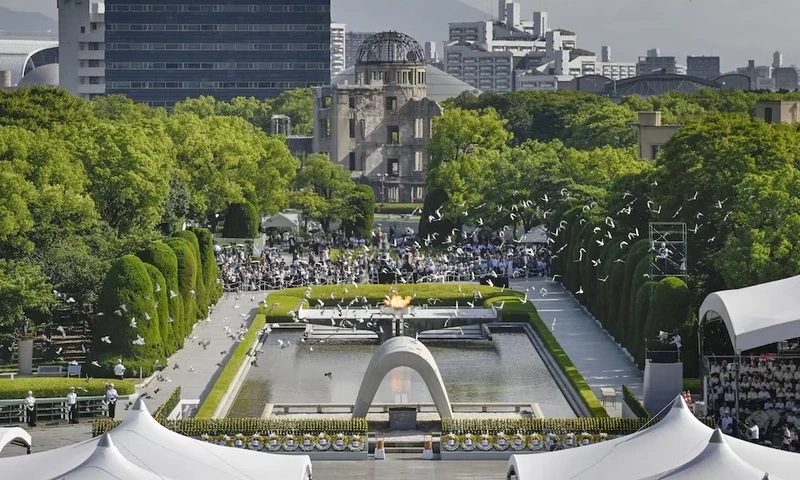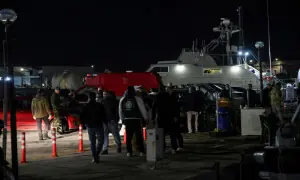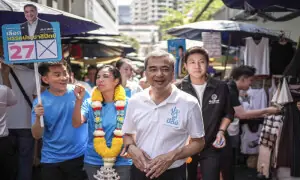Hiroshima tragedy completes 80 years
Hiroshima marked the 80th anniversary of the atomic bombing that devastated the city during World War II, today. Thousands gathered to pray in Hiroshima on Wednesday.
During the event, city’s mayor warned world leaders about nuclear warheads that still exist today.
On this day in 1945, US dropped a uranium bomb known as “Little boy” and instantly killed about 78,000 people.
Representatives from a record 120 countries, including nuclear powers like the United States and Israel, attended the solemn ceremony.
They attended the memorial ceremony at the Hiroshima Peace Memorial Park for their milestone year. These countries neither confirm nor deny possessing nuclear weaponry.
After a moment of silence observed at 8:15am, the exact time of the blast, mayor Kazumi Matsui called on leaders to heed the lessons of Hiroshima and Nagasaki and warned of the consequences of the global trend towards a military buildup.
Hiroshima was the headquarters of some military units and a major supply base during World War Two. US war planners calculated that the surrounding mountains would concentrate the force of the bomb and enhance its destructiveness.
“Little Boy” unleashed a surge of heat reaching 4,000 degrees Celsius (7,200 Fahrenheit) and radiation that killed tens of thousands more by the end of the year. It was followed by a plutonium bomb on Nagasaki three days later, and Japan’s surrender on Aug 15.
“Among the world’s political leaders, there is a growing belief that possessing nuclear weapons is unavoidable in order to protect their own countries,” he said, noting that the US and Russia possessed 90% of the world’s nuclear warheads.
“This situation not only nullifies the lessons the international community has learned from the tragic history of the past, but also seriously undermines the frameworks that have been built for peace-building.
“To all the leaders around the world: Please visit Hiroshima and witness for yourselves the reality of the atomic bombing.”
A 71-year-old tourist, Yoshikazu Horie, expressed a similar sentiment.
“It feels more and more like history is repeating itself. Terrible things are happening in Europe. Even in Japan, in Asia, it’s going the same way, it’s very scary,” he said.
“I’ve got grandchildren and I want peace so they can live their lives happily.”
In the decades following the attacks, those who survived, called “hibakusha”, often faced discrimination as rumours spread that they carried diseases and their offspring could be tainted. Their numbers fell below 100,000 for the first time this year.
Though Japan the only country to suffer nuclear attacks, and believes in nuclear disarmament, on the other hand, its not a signatory observer of the UN treaty to ban nuclear weapons.
For the latest news, follow us on Twitter @Aaj_Urdu. We are also on Facebook, Instagram and YouTube.
























Comments are closed on this story.